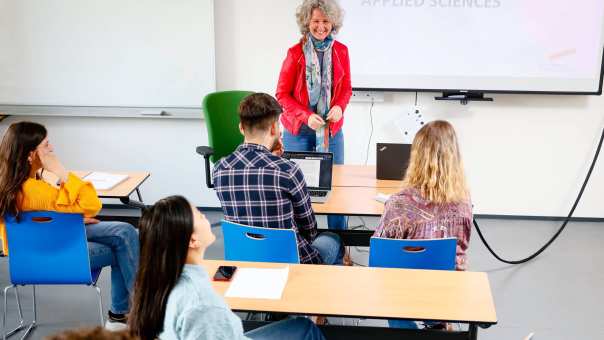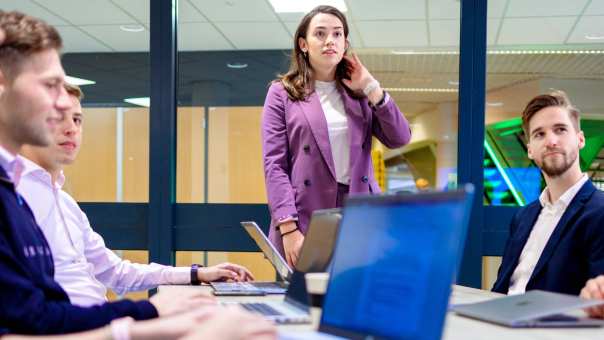Exchange program — Communication

The program starts 1 September 2026 and 1 February 2027
Like to improve your communication skills? Brush up on your languages? This exchange program opens up a world of possibilities. After all, every company and every organization in the world has a message. Learn to get that message across so people will listen.
Quick facts about Communication
Improve your communication skills
This exchange program covers many aspects of the broad field of communication. You learn the latest theories on branding, public relations and marketing. You can also study a foreign language. And practical experience? From the very start you work on group projects for actual clients.
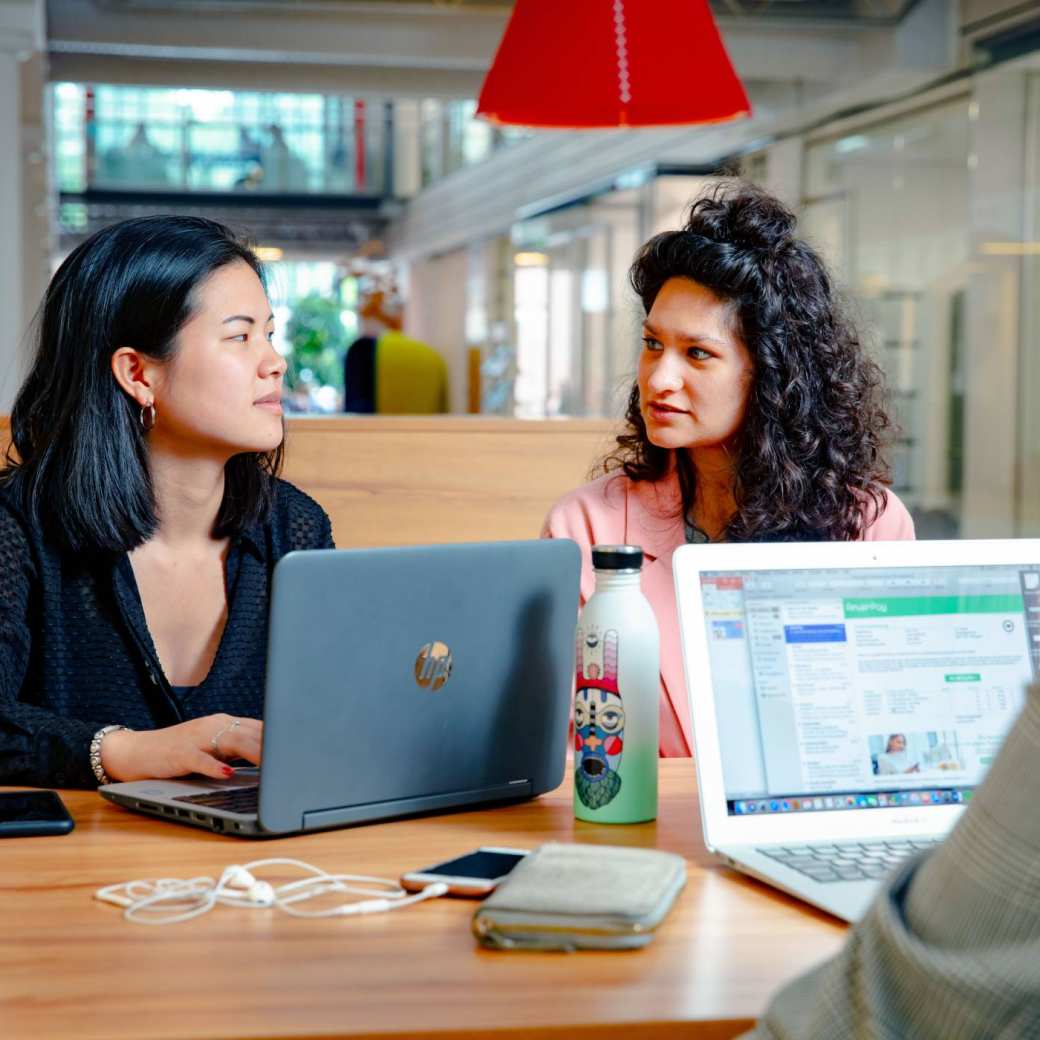
International School of Business
HAN International School of Business is a renowned business school in the Netherlands. We work closely with our partners from other universities and the international business community. Our aim? To give you a high-quality and engaging business education. To inspire you to learn and grow. Both during your studies and beyond. So, no matter what the future holds, you will succeed in any business setting.
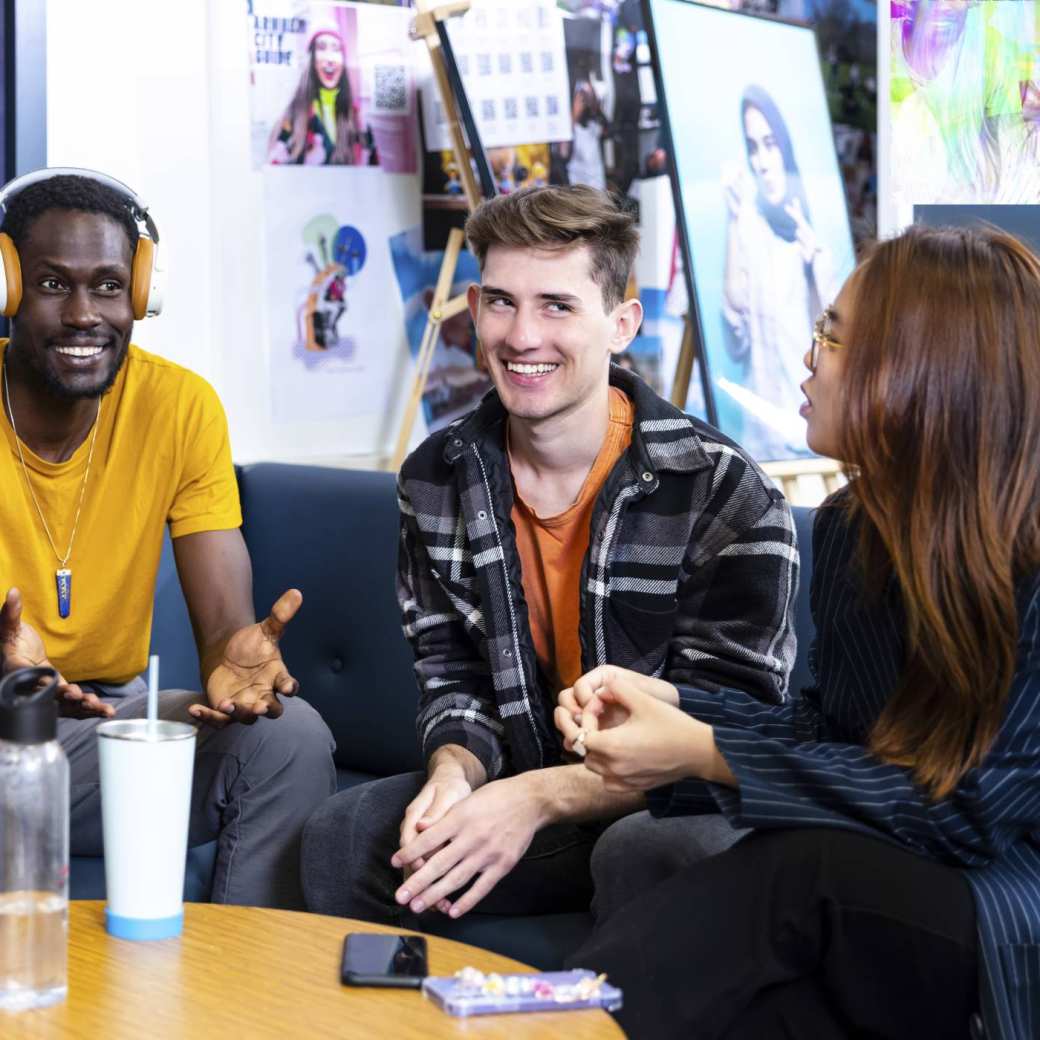
Join the ISB community
The International School of Business (ISB) Community is your home away from home. Together, we create lasting memories. Join our Masterclass and Dinner & Discussion for new knowledge and current global topics. Play sports like volleyball, football, and basketball with friends from all over the world. Unleash your creativity at one of our workshops. Explore different cultures and their cuisine during cultural potlucks and food festivals. Or embark on an adventure with a Community Trip, such as a visit to Keukenhof, Oberhausen Christmas Market, or the Van Gogh Museum.
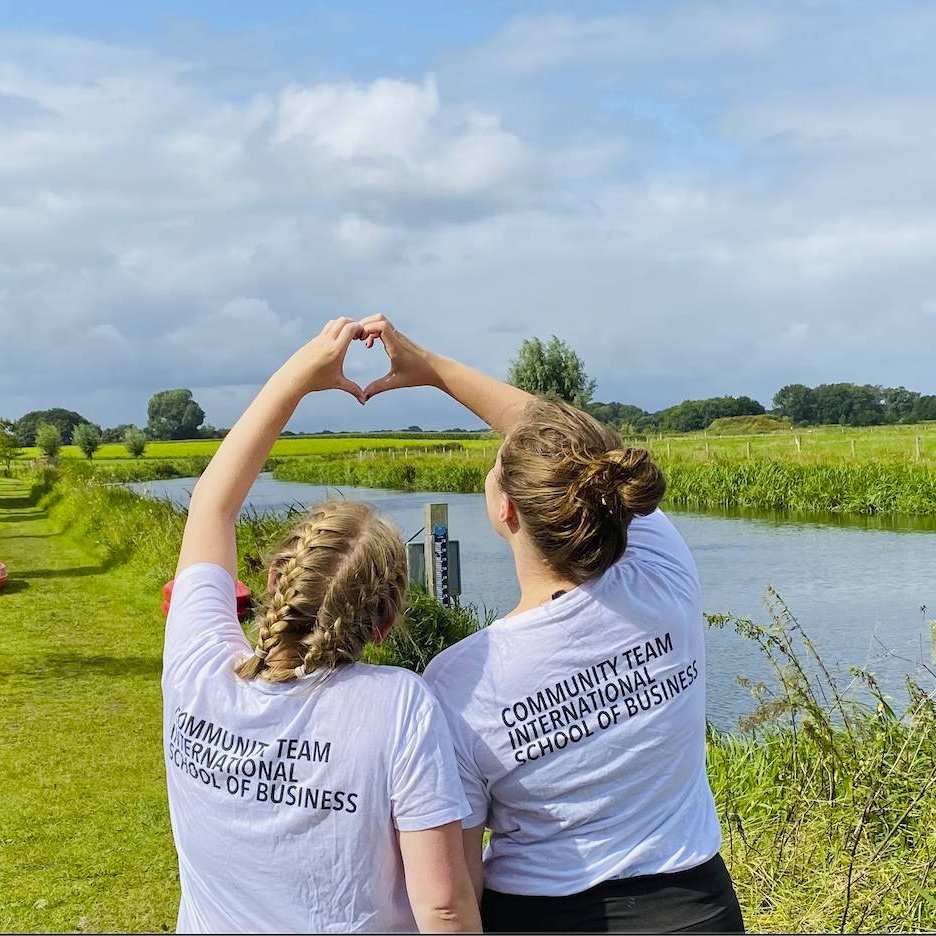
Why study in the Netherlands?
Planning to study in the Netherlands? The Netherlands has a large population of international students so you won’t feel alone. In fact, 1 in 10 students at Dutch universities is an international student. Why do so many international students pursue their education at universities in Holland? Because the Netherlands has excellent, affordable higher education. It also has a thriving economy (17th in the world) so there are plenty of job opportunities. What’s more, the Dutch are open-minded and almost everyone speaks English.
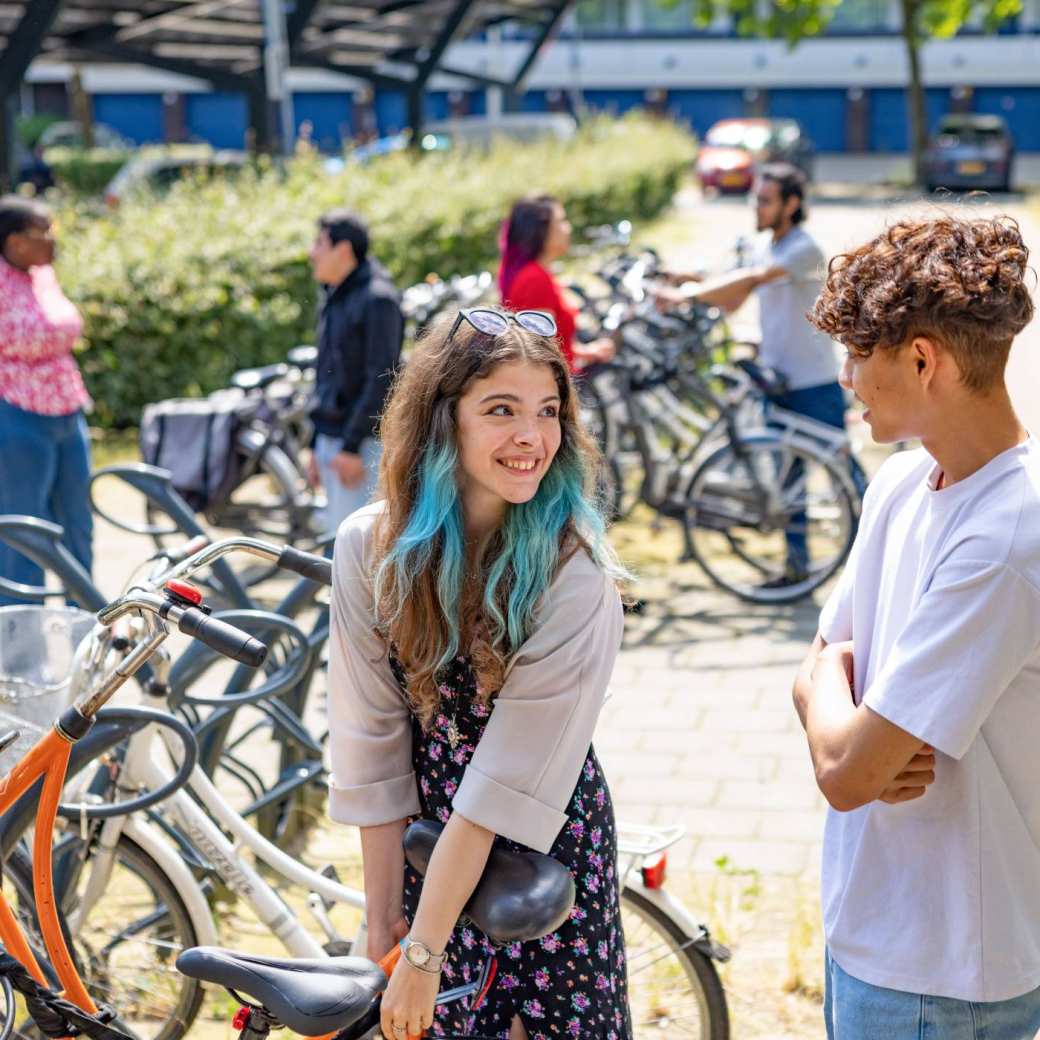
Discover the city of Arnhem
Arnhem is the green and bustling capital of the province of Gelderland. With a population of around 160,000, the city has plenty to offer. Whether you’re into fashion or history, museums or pubs, concerts or nightclubs. And with its lovely green surroundings, you can also enjoy nature at its best.
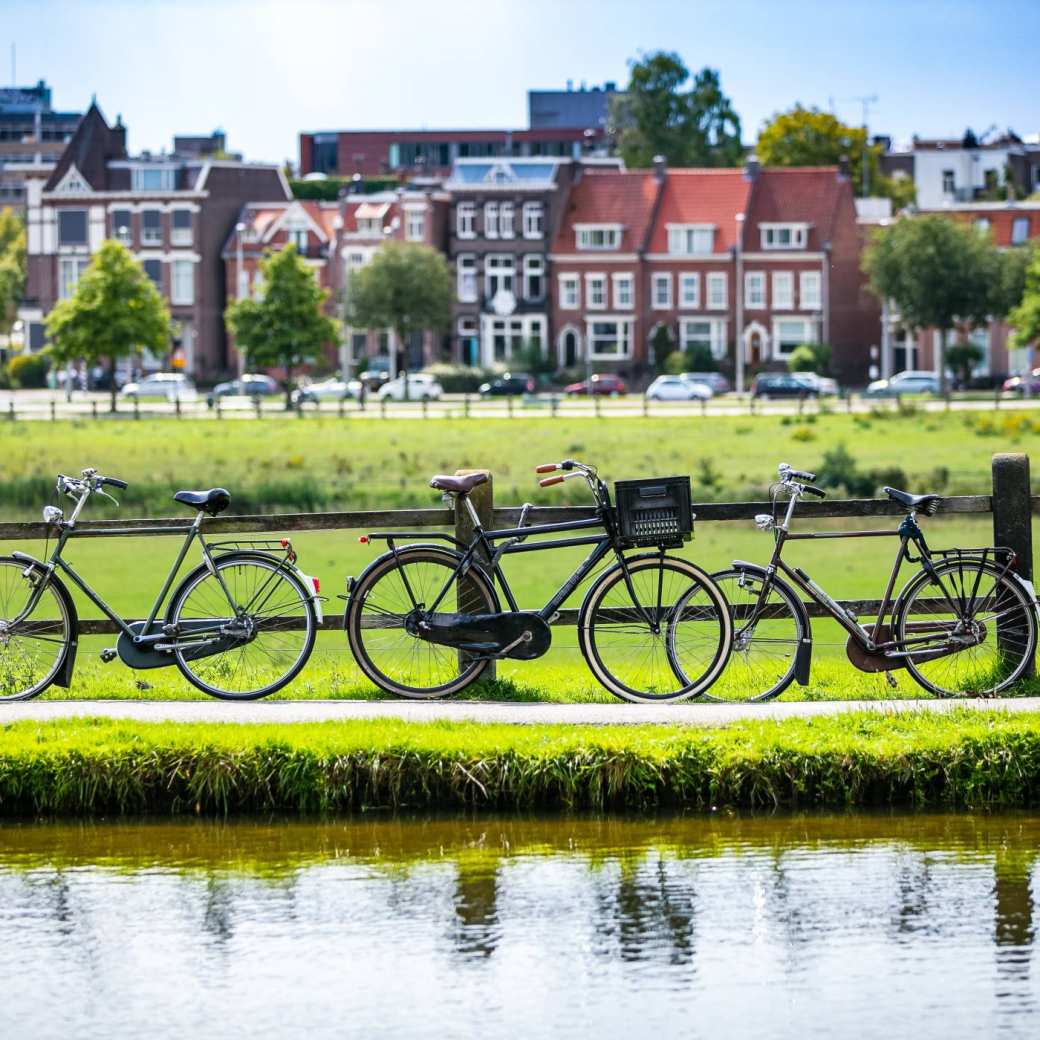
Location
Contact us
Got a question? First check our FAQ. Can't find the answer to your question there? Contact us at ASK HAN. We're happy to help!
Program
What topics do you learn about? Which learning methods are used? And how are you assessed?


